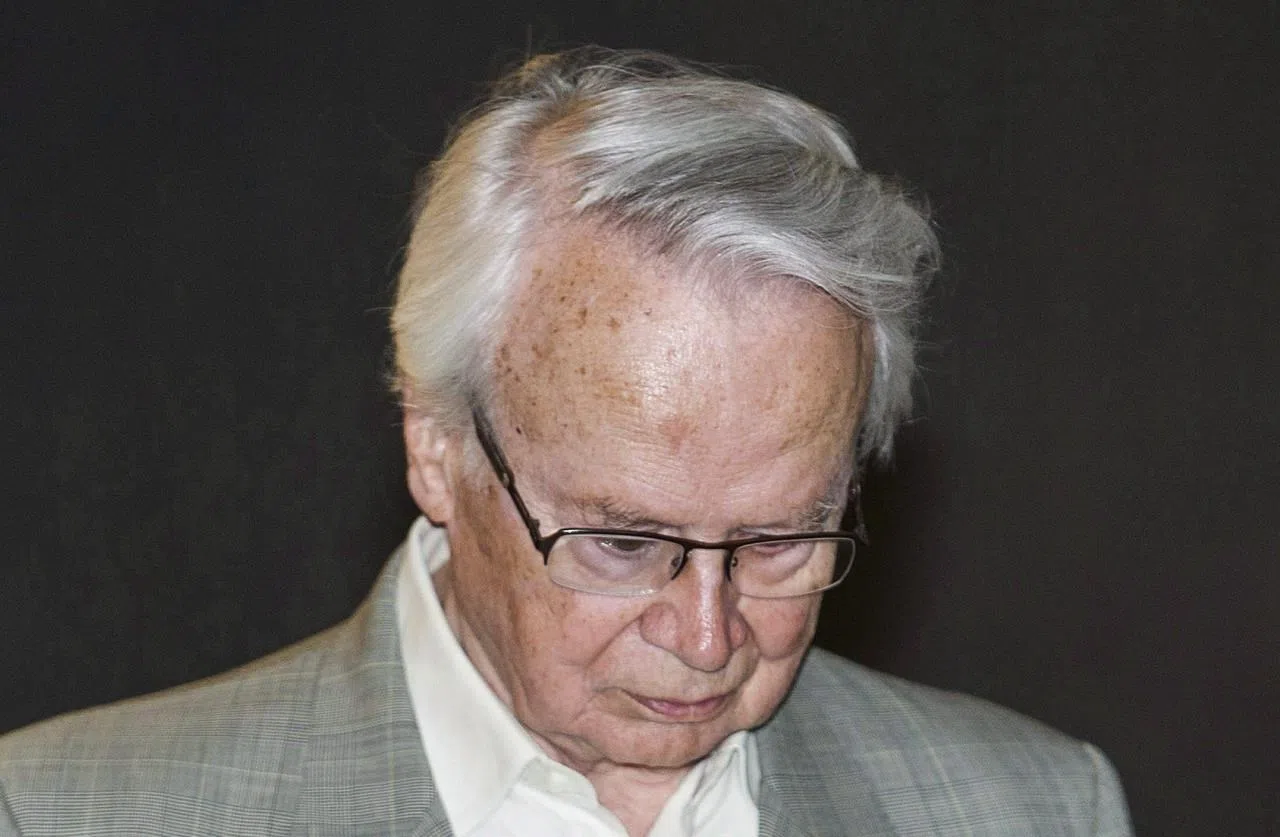
Jacques Corriveau’s sentencing on sponsorship fraud conviction set for Jan. 25
MONTREAL — An ex-Liberal organizer convicted of fraud related to the federal sponsorship scandal will face some hefty financial penalties as he awaits sentencing next week.
Jacques Corriveau wasn’t present in a Montreal courtroom Tuesday as lawyers finalized a division of his assets to repay the amount he owes the federal government.
A jury found Corriveau, 83, guilty of three charges in November: fraud against the government, forgery and laundering proceeds of crime.
Corriveau’s lawyer has appealed the conviction.



